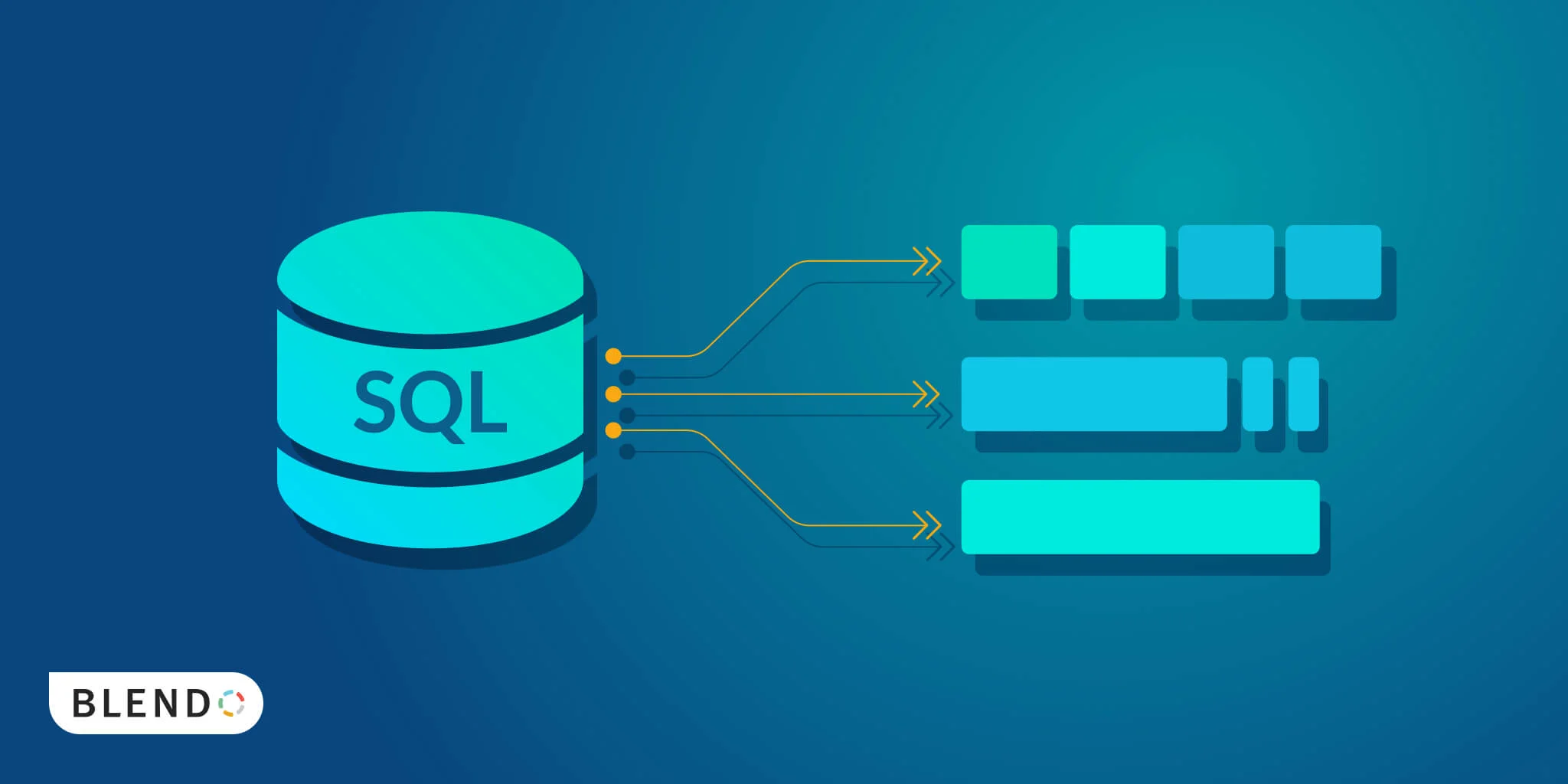I’ve compiled a list of 𝟏𝟎 𝐒𝐐𝐋 𝐪𝐮𝐞𝐬𝐭𝐢𝐨𝐧𝐬 that I consistently encountered during 𝙞𝙣𝙩𝙚𝙧𝙫𝙞𝙚𝙬𝙨– these questions often touch upon common or fundamental concepts.
𝟏. 𝐖𝐡𝐚𝐭 𝐢𝐬 𝐒𝐐𝐋?
SQL (Structured Query Language) is a programming language used for managing and manipulating relational databases.
𝟐. 𝐖𝐡𝐚𝐭 𝐚𝐫𝐞 𝐭𝐡𝐞 𝐝𝐢𝐟𝐟𝐞𝐫𝐞𝐧𝐭 𝐭𝐲𝐩𝐞𝐬 𝐨𝐟 𝐒𝐐𝐋 𝐬𝐭𝐚𝐭𝐞𝐦𝐞𝐧𝐭𝐬?
SQL statements can be broadly classified into three categories: Data Definition Language (DDL), Data Manipulation Language (DML), and Data Control Language (DCL).
𝟑. 𝐖𝐡𝐚𝐭 𝐢𝐬 𝐭𝐡𝐞 𝐝𝐢𝐟𝐟𝐞𝐫𝐞𝐧𝐜𝐞 𝐛𝐞𝐭𝐰𝐞𝐞𝐧 𝐒𝐐𝐋 𝐚𝐧𝐝 𝐍𝐨𝐒𝐐𝐋 𝐝𝐚𝐭𝐚𝐛𝐚𝐬𝐞𝐬?
SQL databases are structured and use a tabular format to store data, while NoSQL databases are non-relational and use various data models such as key-value, document, columnar, or graph.
𝟒. 𝐖𝐡𝐚𝐭 𝐢𝐬 𝐚 𝐩𝐫𝐢𝐦𝐚𝐫𝐲 𝐤𝐞𝐲 𝐢𝐧 𝐒𝐐𝐋?
A primary key is a column or combination of columns that uniquely identifies each row in a table. It ensures data integrity and enables efficient data retrieval.
𝟓. 𝐖𝐡𝐚𝐭 𝐢𝐬 𝐚 𝐟𝐨𝐫𝐞𝐢𝐠𝐧 𝐤𝐞𝐲?
A foreign key is a column or set of columns in a table that refers to the primary key of another table. It establishes relationships between tables and enforces referential integrity.
𝟔. 𝐖𝐡𝐚𝐭 𝐢𝐬 𝐭𝐡𝐞 𝐝𝐢𝐟𝐟𝐞𝐫𝐞𝐧𝐜𝐞 𝐛𝐞𝐭𝐰𝐞𝐞𝐧 𝐔𝐍𝐈𝐎𝐍 𝐚𝐧𝐝 𝐔𝐍𝐈𝐎𝐍 𝐀𝐋𝐋 𝐢𝐧 𝐒𝐐𝐋?
UNION combines the result sets of two or more SELECT statements, removing duplicates, while UNION ALL combines the result sets without removing duplicates.
𝟕. 𝐖𝐡𝐚𝐭 𝐚𝐫𝐞 𝐒𝐐𝐋 𝐣𝐨𝐢𝐧𝐬?
Joins are used to combine rows from two or more tables based on related columns. Common types of joins include INNER JOIN, LEFT JOIN, RIGHT JOIN, and FULL JOIN.
𝟖. 𝐖𝐡𝐚𝐭 𝐢𝐬 𝐭𝐡𝐞 𝐝𝐢𝐟𝐟𝐞𝐫𝐞𝐧𝐜𝐞 𝐛𝐞𝐭𝐰𝐞𝐞𝐧 𝐖𝐇𝐄𝐑𝐄 𝐚𝐧𝐝 𝐇𝐀𝐕𝐈𝐍𝐆 𝐜𝐥𝐚𝐮𝐬𝐞𝐬?
The WHERE clause is used to filter rows before grouping in a query, while the HAVING clause is used to filter groups of rows after grouping in a query.
𝟗. 𝐖𝐡𝐚𝐭 𝐢𝐬 𝐧𝐨𝐫𝐦𝐚𝐥𝐢𝐳𝐚𝐭𝐢𝐨𝐧 𝐢𝐧 𝐒𝐐𝐋?
Normalization is the process of organizing data in a database to eliminate redundancy and ensure data integrity. It involves dividing larger tables into smaller, more manageable tables and establishing relationships between them.
𝟏𝟎. 𝐇𝐨𝐰 𝐜𝐚𝐧 𝐲𝐨𝐮 𝐩𝐫𝐞𝐯𝐞𝐧𝐭 𝐒𝐐𝐋 𝐢𝐧𝐣𝐞𝐜𝐭𝐢𝐨𝐧 𝐚𝐭𝐭𝐚𝐜𝐤𝐬?
To prevent SQL injection attacks, it is important to use parameterized queries or prepared statements, properly validate and sanitize user input, and limit the privileges of database users.

